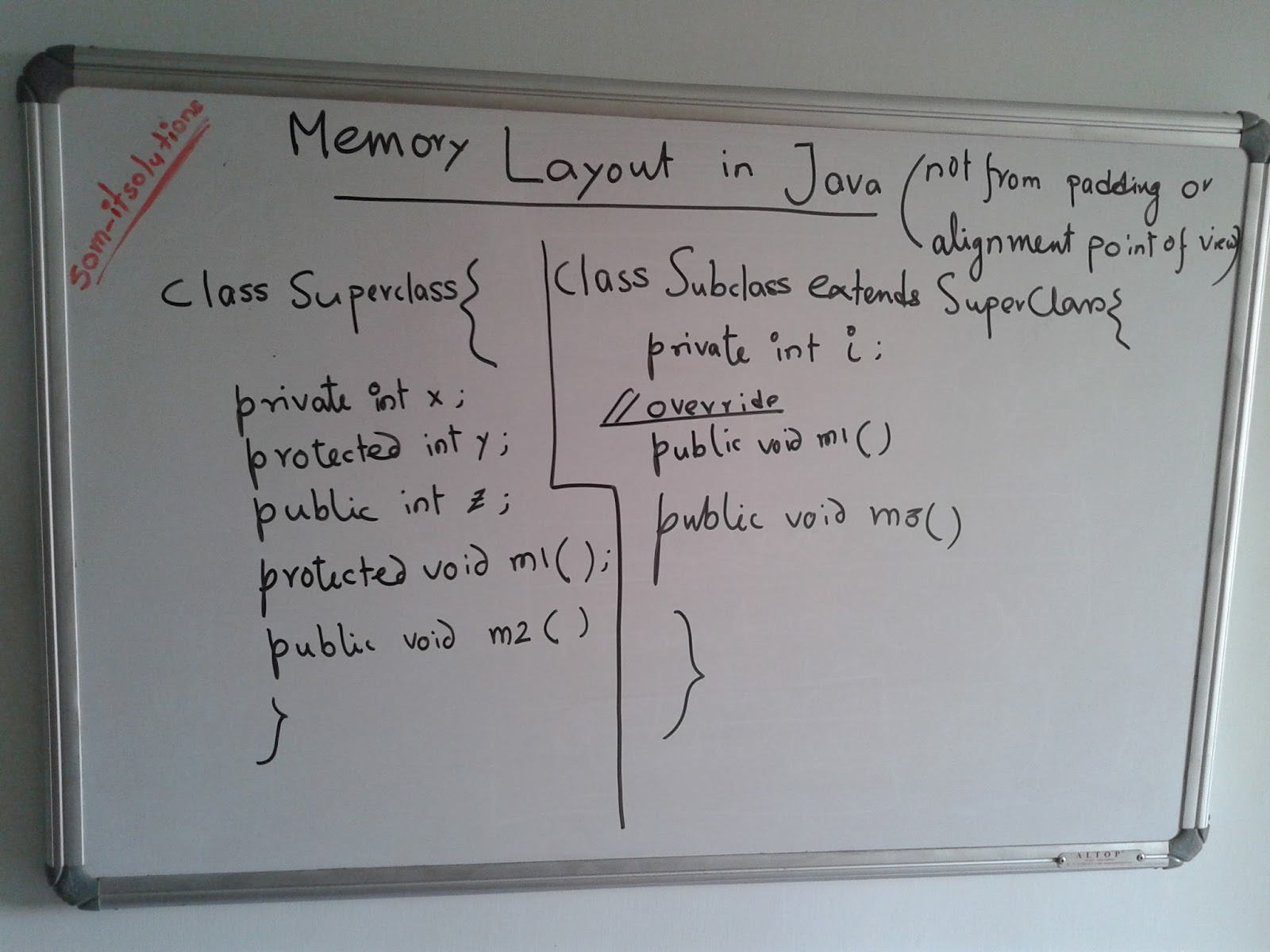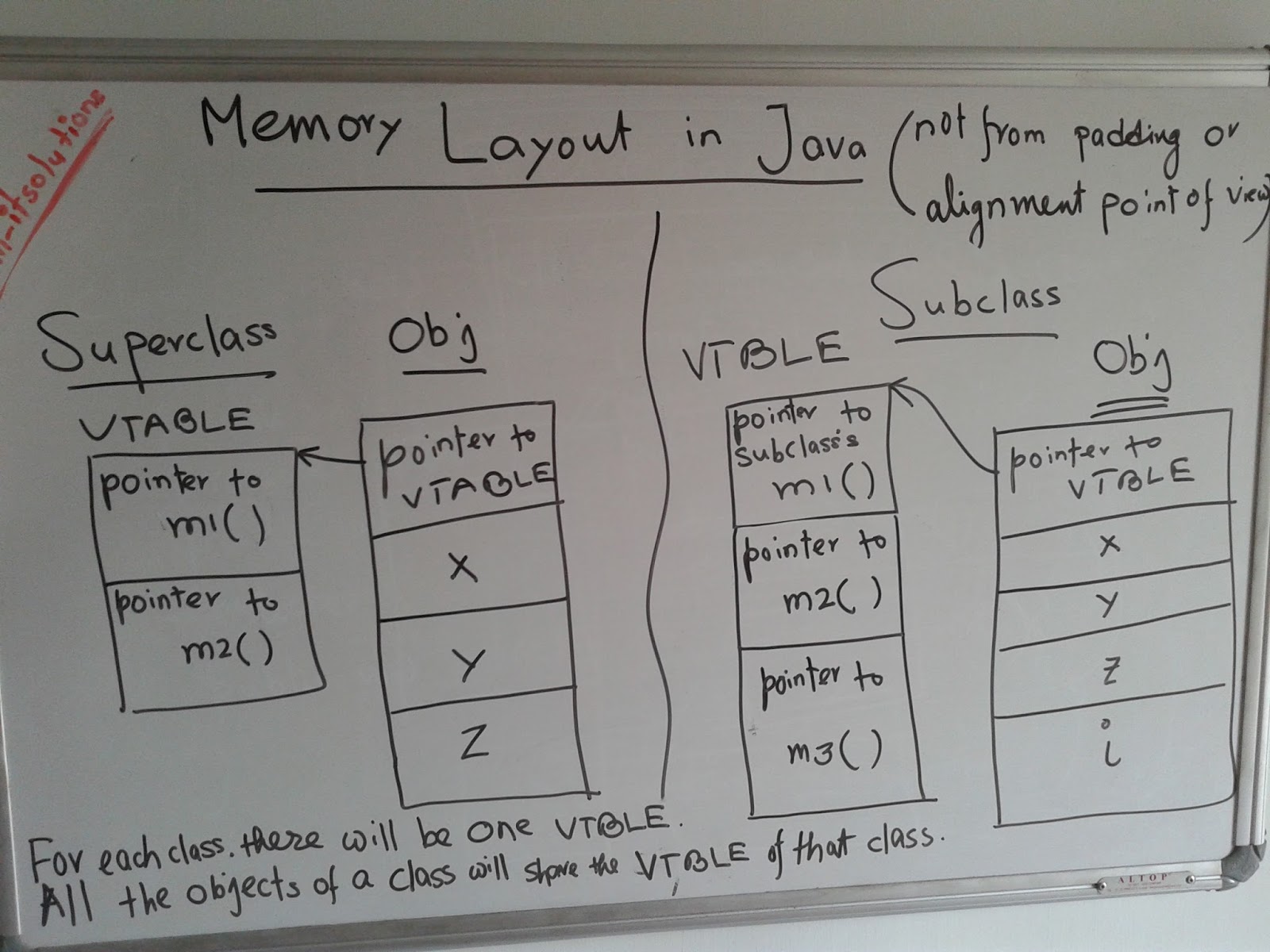No. They don't inherit it.
The fact some other class may use it indirectly says nothing about inheritance, but about encapsulation.
For instance:
class Some {
private int count;
public void increment() {
count++;
}
public String toString() {
return Integer.toString( count );
}
}
class UseIt {
void useIt() {
Some s = new Some();
s.increment();
s.increment();
s.increment();
int v = Integer.parseInt( s.toString() );
// hey, can you say you inherit it?
}
}
You can also get the value of count inside UseIt via reflection. It doesn't means, you inherit it.
UPDATE
Even though the value is there, it is not inherited by the subclass.
For instance a subclass defined as:
class SomeOther extends Some {
private int count = 1000;
@Override
public void increment() {
super.increment();
count *= 10000;
}
}
class UseIt {
public static void main( String ... args ) {
s = new SomeOther();
s.increment();
s.increment();
s.increment();
v = Integer.parseInt( s.toString() );
// what is the value of v?
}
}
This is exactly the same situation as the first example. The attribute count is hidden and not inherited by the subclass at all. Still, as DigitalRoss points out, the value is there, but not by means on inheritance.
Put it this way. If your father is wealthy and gives you a credit card, you can still buy thing with his money, but doesn't mean you have inherited all that money, does it?
Other update
It is very interesting though, to know why the attribute is there.
I frankly don't have the exact term to describe it, but it's the JVM and the way it works that loads also the "not inherited" parent definition.
We could actually change the parent and the subclass will still work.
For instance:
//A.java
class A {
private int i;
public String toString() { return ""+ i; }
}
// B.java
class B extends A {}
// Main.java
class Main {
public static void main( String [] args ) {
System.out.println( new B().toString() );
}
}
// Compile all the files
javac A.java B.java Main.java
// Run Main
java Main
// Outout is 0 as expected as B is using the A 'toString' definition
0
// Change A.java
class A {
public String toString() {
return "Nothing here";
}
}
// Recompile ONLY A.java
javac A.java
java Main
// B wasn't modified and yet it shows a different behaviour, this is not due to
// inheritance but the way Java loads the class
Output: Nothing here
I guess the exact term could be found here: The JavaTM Virtual Machine Specification


